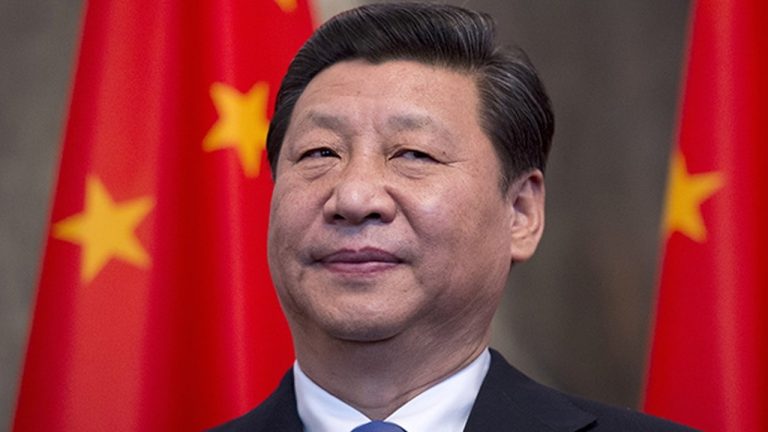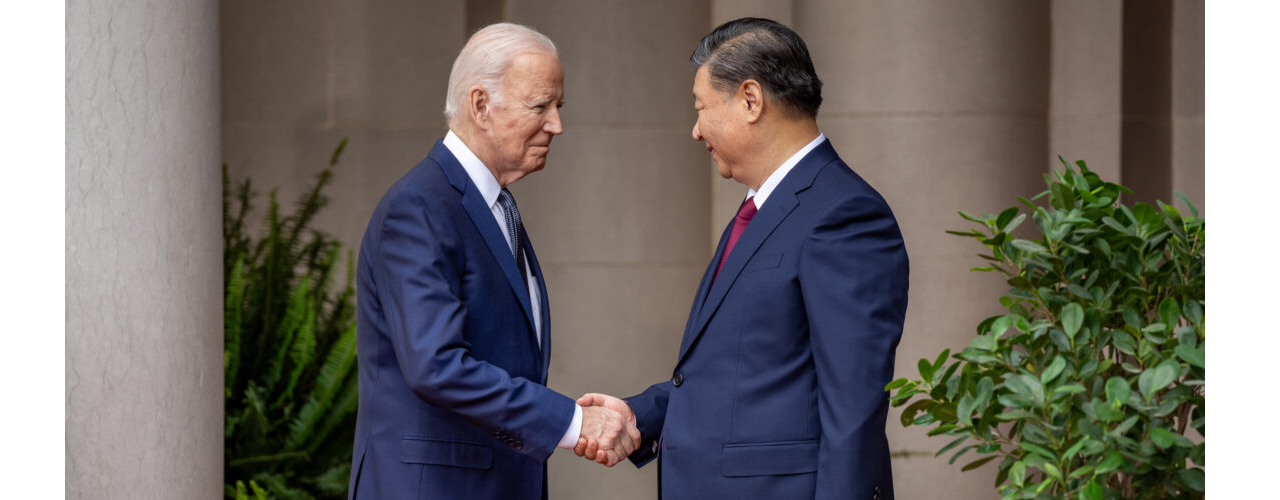
On Wednesday, Chinese President Xi Jinping delivered a speech emphasizing China’s aspiration for harmonious ties with the United States. The Chinese head of state conveyed his vision of an enhanced “friendship in the new era” between the two influential countries. He firmly declared that “China will never pursue hegemony or expansion.”
Despite Reported Tensions, China’s Xi Promises No Expansion, Seeks Harmonious U.S. Relationship
During this week’s San Francisco meeting between U.S. President Joe Biden and Chinese President Xi Jinping, topics of bilateral relations were at the forefront. President Xi underscored China’s intention to cultivate amity with the U.S., stating that China’s approach to the China-U.S. dynamic will be rooted in “mutual respect.” He reiterated the belief that a “peaceful coexistence” is tantamount to “win-win cooperation.”
“Whatever stage of development it may reach, China will never pursue hegemony or expansion, and will never impose its will on others,” the Chinese leader said. “China does not seek spheres of influence, and will not fight a cold war or a hot war with anyone. China will remain committed to dialogue and oppose confrontation, and build partnerships instead of alliances.”

Xi’s remarks present a stark contrast to the depiction commonly found in mainstream media, both in the Eastern and Western spheres. Take, for example, the issue of Taiwan: China views Taiwan as an integral part of its territory, exerting considerable diplomatic influence to discourage other countries from acknowledging Taiwan’s sovereignty. Xi has pledged to unify Taiwan with mainland China.
In the last 18 months, the tension has intensified, marked by Taiwan’s strengthening relationship with the United States. The U.S. has fortified its alliance with Taiwan, through actions like selling military equipment to Taiwan and participating in high-level diplomatic exchanges, further straining relations with China. Another significant point of contention has been the trade tariffs initiated during the Trump administration. Starting in July 2018, these tariffs, varying between 10% and 25%, were imposed on a vast array of Chinese imports.
These tariffs remain in effect under the Biden administration, despite calls from the American business sector for their removal. However, in the San Francisco meeting, Xi’s stance appeared significantly more amicable towards the United States. “We’ll be glad to see a confident, open, ever-growing and prosperous U.S.,” Xi stated in his speech. “Likewise, the United States should not bet against China, or interfere in China’s internal affairs. We should instead welcome a peaceful, stable, and prosperous China.”
Regarding currency dominance, the Chinese yuan has gained a favorable position within the BRICS (Brazil, Russia, India, China, and South Africa) coalition. This expansion has bolstered the yuan’s influence in worldwide commerce. Numerous sources indicate China’s advocacy for a shift in international trade practices, moving away from reliance on the U.S. dollar in favor of the Chinese yuan. However, in San Francisco, amidst speeches and numerous photo opportunities, topics such as Taiwan, trade tariffs, and “Yuanization” were notably absent from the diplomatic discussions.
What do you think about the Xi’s remarks about the U.S.? Share your thoughts and opinions about this subject in the comments section below.
from Bitcoin News https://ift.tt/y9hntBz
https://ift.tt/iB5lYof

0 Comments